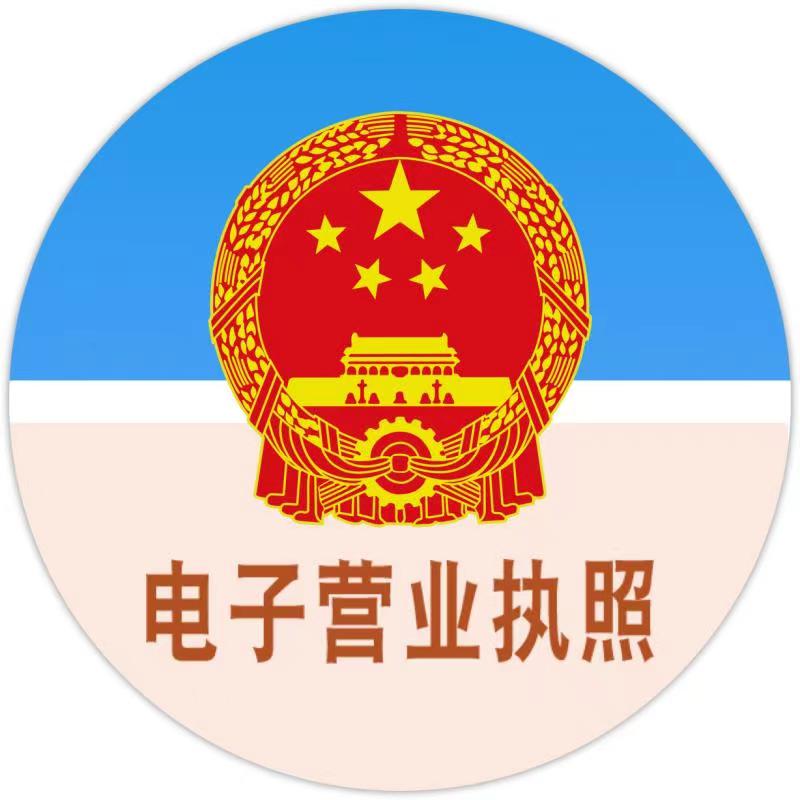Europe's nuclear power market is under pressure
release time:2022-10-11
Electric power is one of the important supporting factors for the development of modern society, which determines the height and speed of economic and social development to a considerable extent. The design of the European Commission's electricity market is to promote the transformation of the EU electricity market to adapt to clean energy. The ideal proposed by the Commission is that energy is produced in one EU member state and delivered to another, while creating competition and allowing consumers to choose energy suppliers is a guarantee of controlling energy prices.
However, the volatility in energy markets this year has made this vision a huge challenge. Natural gas, as a traditional advantage in Europe's energy supply structure and an important guarantee in energy restructuring, cannot continue to play its role. The explosion of Nord Stream pipelines and sanctions have further dampened people's expectations for the resumption of natural gas from Russia. The European economy and society urgently need to find new alternative energy guarantees. To some extent, when the electricity supply of the big market that the EU hopes to establish changes from basic balance to serious shortage, it will be more common for member states to give priority to their own market demand, which will pose a great challenge to the unified big market of the EU.
Europe's energy markets are under increasing pressure as winter approaches. As an important source of traditional electricity, nuclear power in Europe has achieved brilliant development, but there are obviously different directions in the energy planning of European countries. As a global nuclear power country, France has an early start and high popularity of nuclear power generation, and its economic and social development is highly dependent on nuclear power, while Germany and Britain have adopted conservative and radical nuclear power development strategies respectively. In fact, in the European grid system, there are obvious differences in the structure of electricity supply and demand among countries. As the power demand side, Germany needs to maintain the balance between supply and demand by purchasing power from France and other countries. And France's nuclear plants are likely to struggle to keep up with their usual supply this winter.
Forecasts from EDF, the French energy group, suggest that France's nuclear power generation will fall sharply as reactors go offline on a large scale. In order to ensure the safety of nuclear power plants, aging maintenance and overhaul of equipment are carried out in a centralized way. In addition, France's policy target since 2014 has proposed to cut the proportion of nuclear power in energy from 75% to 50%, so it is difficult to continue the expansion mode of nuclear power supply in France.
EDF, by contrast, continued to increase its nuclear capacity in the UK, generating 3.3 billion kilowatt-hours of electricity in August, 200 million kilowatt-hours more than the previous year. Cumulative power generation from January to August was 30 billion kilowatt-hours, 10.7 percent more than a year earlier. However, given that Britain is no longer a member of the European Union and its geographical location, it is unlikely that its electricity will play a meaningful role in solving Germany's energy crisis this winter. Germany does not seem to be in two minds about whether nuclear power should stay or go. Out of concern for nuclear waste disposal, safety and other issues, the German government still regards the development of photovoltaic, wind power and other new energy as the direction of energy structure adjustment. But it will be harder to pay energy bills in the coming winter, with rising electricity prices and downward pressure on the economy. In the absence of a steady supply of natural gas, the German government may have to decide between coal and nuclear power. However, the matching of power production with energy storage, transmission and load center is very different due to the different energy structure, which has far-reaching influence.
Of course, France's current slump in nuclear power generation could be temporary. With the completion of the equipment overhaul, more nuclear power plants will rejoin the power supply network, which is conducive to the balance of electricity supply and demand in the EU market and the stability of the market price. The short supply of electricity may also attract and increase the scale and speed of capital entry into the power generation market, including nuclear power. But it remains to be seen whether such cycles will match those of temperature change and industrial production, whether German industrial companies will be able to ride out power shortfalls, or whether the EU economy will become addicted to nuclear supplies.
 Service Hotline:133-9305-7858,If you are interested or in doubt, please call!
Service Hotline:133-9305-7858,If you are interested or in doubt, please call!
YuHe Technology - dedicated to serve you!







